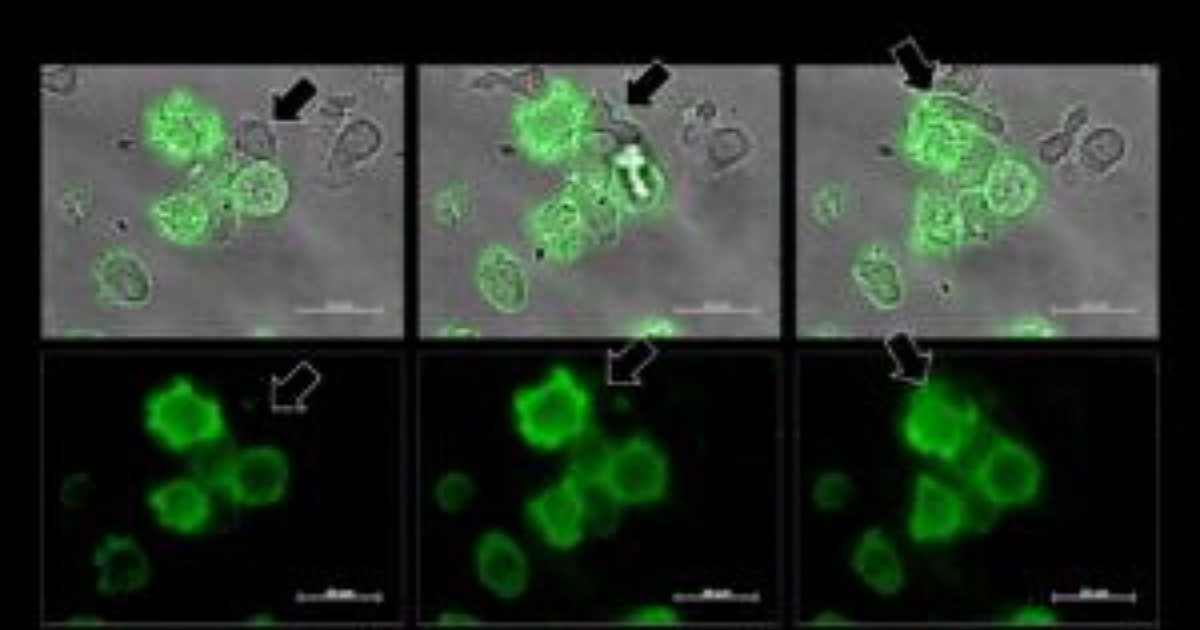Three years ago up Nature Immunology a study was published that explains the mechanism by which “immune cells recognize tumors and attack them without fail”. Today, still in the prestigious scientific journal, a study hypothesizes that T lymphocytes, those cells of the immune system potentially capable of killing tumor cells, lose their ability to fight within a few hours of encountering the tumor: between 6 and 12 hours .
The study was coordinated by researchers at Vanderbilt University in Nashville (USA) and focused on a known phenomenon that is the ‘exhaustion’ of the immune cells that fight. However, “the idea was that T cells that are exposed to an antigen (such as that of a tumor or a pathogen) remain in operation for a long time and then eventually wear out“, explains the coordinator of the study in a note Mary Philip. According to the study, the dynamics when the immune cells are faced with the tumor are completely different: in tests conducted on mice it emerged that 6-12 hours are enough to make at least a portion of dysfunctional T lymphocytes. “I don’t think anyone expected that; this is a very tight time window,” Philip says.
Read Also
“A pill against solid tumors”, the preliminary study on a targeted chemotherapy therapy
The phenomenon has been observed in several tumors (liver e melanoma), which – the researchers explain – suggests that it does not depend on the type of cancer. Furthermore, it seems that the cancer-induced changes in T lymphocytes are long-lasting, if not permanent: in fact, in tests, the exhausted lymphocytes transplanted into a cancer-free mouse are not able to recover their function.
For researchers, the study could be useful for better use of immunotherapy drugs; the team has in fact identified biomarkers that are able to predict whether T lymphocytes will be able to respond to the tumor or not. “We know that immune checkpoint inhibitors and other immunotherapy interventions don’t work in many patients, and it’s important to be able to predict response and avoid therapies that won’t benefit patients,” concluded Philip.
Archive photo
Next article
